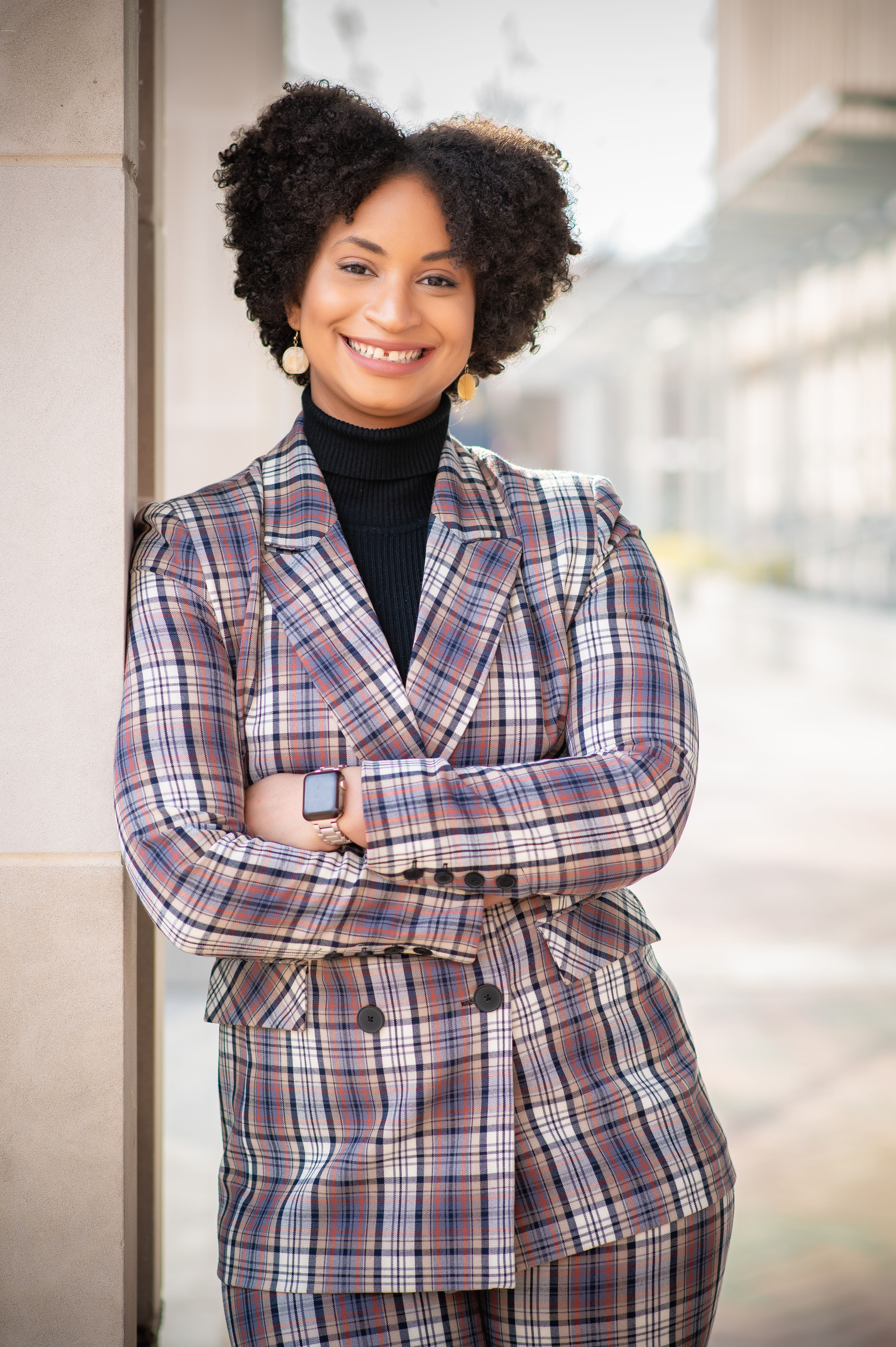 (iStock/SDI Productions)
(iStock/SDI Productions)A U.S. Surgeon General's Advisory released in December, titled “Protecting Youth Mental Health," unveiled several troubling trends when it comes to the mental health of school-aged children. Two examples were that Black children under the age of 13 are twice as likely to die by suicide, as their white counter parts, and that children growing up in poverty are two to three times more likely to develop mental health conditions than their wealthier peers.
School counselors are educated and trained to tackle issues like these, but they need help, says Autumn Cabell, an assistant professor of counseling in DePaul's College of Education.
“School counselors are an integral part of the K-12 system," she says. “Even in the context of a pandemic, many have stretched themselves to meet the needs of students. When given the opportunity to do what they were trained to do, school counselors contribute to improving the culture, environment and achievement of schools and the mental well-being of our school-aged children."
In honor of National School Counseling Week Feb. 7-11, Cabell discusses how the role of a school counselor has changed, problems they are facing and potential solutions.
 Autumn Cabell, assistant professor of counseling in the College of Education, believes school counselors are educated and trained to tackle important topics like child and youth mental health issues, but need help from schools to meet the needs of the students. (Courtesy of Autumn Cabell)How has the role of a school counselor changed over the years?
Autumn Cabell, assistant professor of counseling in the College of Education, believes school counselors are educated and trained to tackle important topics like child and youth mental health issues, but need help from schools to meet the needs of the students. (Courtesy of Autumn Cabell)How has the role of a school counselor changed over the years?
Previously, school counselors were known as guidance counselors and had limited one-on-one interaction with students while handling discipline issues and other administrative tasks. In recent years, the American School Counseling Association has shifted to using the title “school counselor" to highlight the fact that school counselors do so much more. More recently, we have seen more advocacy around ensuring school districts across the country let school counselors do their part in promoting social emotional learning, closing academic opportunity gaps, promoting students' career development and supporting students' mental health. Though there is still more work to be done, we are seeing a growing number of school counselors who provide students with individual, small and large group support.
What problems do school counselors currently face that prevent them from meeting students' needs?
The COVID-19 pandemic has only exacerbated inequities in learning and mental health trends that existed pre-pandemic. Many school counselors across the country are struggling to help students transition from virtual to in-person learning and, in some cases, back to virtual learning again. During this time, many students are struggling with basic health and safety needs. While many school counselors are trying to do what they can to support students, it is even more challenging when students are struggling with health disparities, food insecurity, housing insecurity and family instability — all in the context of a global pandemic.
In addition, school counselors are trained in mental health counseling, career counseling, academic advising, leadership and advocacy. However, prior to the pandemic many school districts across the nation were not successfully funding and implementing the ASCA's recommended ratio of one school counselor to 250 students. In some cases, the ratio is as high as 1:500 or more. During the pandemic, these high caseloads have made it nearly impossible for school counselors to connect with all of the children on their caseload.
What are potential solutions to correcting some of those problems?
To foster trust and connectedness, schools need to hire faculty and staff with intersecting identities that represent their students. This also includes hiring and retaining diverse school counselors. The school counseling profession is largely a white cis-gender female dominated field. Students need to see male, queer and BIPOC school counselors in their schools. Although having similar identities is not the sole factor that fosters connection, it can be helpful when students feel like their school counselor has a similar lived experience as them.
Schools also need to intentionally implement lower school counselor-to-student ratios. School districts and administration need to allow school counselors to utilize their training as mental health professionals in the school. Unfortunately, in many school districts and administrations, there are still remnants of the guidance counseling mentality. These administrative tasks take school counselors away from the roles where students need them most.
For children to foster resilience and post-traumatic growth, having one or more adults in a child's life who care about them and support them is critical. Even one meaningful and healthy relationship with a child who has experienced adverse childhood experiences can change the trajectory of their life. For many youth, these trusted adults come from the school setting and can be a school counselor.
###
Source:
Autumn Cabell
Media contact:
Russell Dorn
312-362-7128 (Desk)